
Chris Hoffman
Contributing since August, 2010
-
2888articles
Page 81
About Chris Hoffman
Chris Hoffman is the former Editor-in-Chief of How-To Geek. Chris has personally written over 2,000 articles that have been read more than one billion times---and that's just here at How-To Geek.
With over a decade of writing experience in the field of technology, Chris has written for a variety of publications including The New York Times, Reader's Digest, IDG's PCWorld, Digital Trends, and MakeUseOf. Beyond the web, his work has appeared in the print edition of The New York Times (September 9, 2019) and in PCWorld's print magazines, specifically in the August 2013 and July 2013 editions, where his story was on the cover. He also wrote the USA's most-saved article of 2021, according to Pocket.
Chris was a PCWorld columnist for two years. He founded PCWorld's "World Beyond Windows" column, which covered the latest developments in open-source operating systems like Linux and Chrome OS. Beyond the column, he wrote about everything from Windows to tech travel tips.
The news he's broken has been covered by outlets like the BBC, The Verge, Slate, Gizmodo, Engadget, TechCrunch, Digital Trends, ZDNet, The Next Web, and Techmeme. Instructional tutorials he's written have been linked to by organizations like The New York Times, Wirecutter, Lifehacker, the BBC, CNET, Ars Technica, and John Gruber's Daring Fireball. His roundups of new features in Windows 10 updates have been called "the most detailed, useful Windows version previews of anyone on the web" and covered by prominent Windows journalists like Paul Thurrott and Mary Jo Foley on TWiT's Windows Weekly. His work has even appeared on the front page of Reddit.
Articles he's written have been used as a source for everything from books like Team Human by Douglas Rushkoff, media theory professor at the City University of New York's Queens College and CNN contributor, to university textbooks and even late-night TV shows like Comedy Central's @midnight with Chris Hardwick.
Starting in 2015, Chris attended the Computer Electronics Show (CES) in Las Vegas for five years running. At CES 2018, he broke the news about Kodak's "KashMiner" Bitcoin mining scheme with a viral tweet. A wave of negative publicity ensued, with coverage on BuzzFeed News, CNBC, the BBC, and TechCrunch. The company's project was later reportedly shut down by the U.S. Securities and Exchange Commission.
In addition to his extensive writing experience, Chris has been interviewed as a technology expert on TV news and radio shows. He gave advice on dark web scans on Miami's NBC 6, discussed Windows XP's demise on WGN-TV's Midday News in Chicago, and shared his CES experiences on WJR-AM's Guy Gordon Show in Detroit.
Chris also ran MakeUseOf's email newsletter for two years. Nearly 400,000 subscribers received the newsletter complete with a handwritten tip every day.
Latest Articles
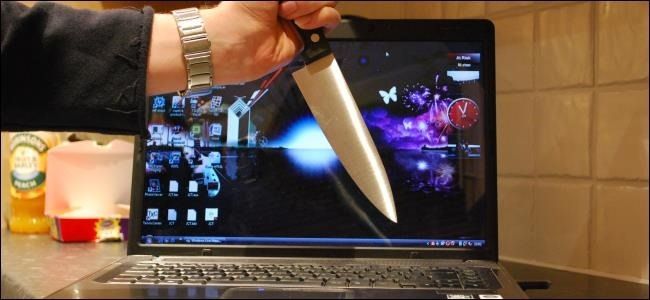
Do Non-Windows Platforms Like Mac, Android, iOS, and Linux Get Viruses?
Viruses and other types of malware seem largely confined to Windows in the real world.

Are You Using IPv6 Yet? Should You Even Care?
IPv6 is extremely important for the long-term health of the Internet.
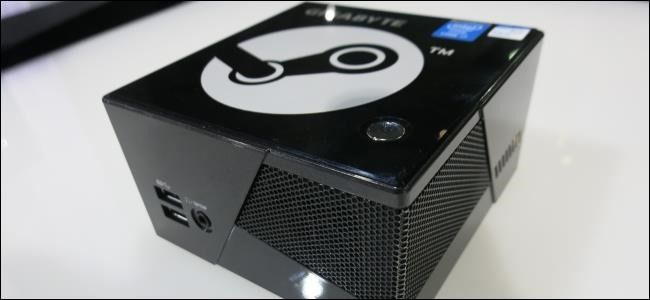
What Exactly Is a Steam Machine, and Do I Want One?
Steam Machines, also known as Steamboxes, are Valve's attempt at bringing PC gaming to the living room.

What Is Social Engineering, and How Can You Avoid It?
Malware isn't the only online threat to worry about.

Why Is Email Spam Still A Problem?
Bill Gates famously said "two years from now, spam will be solved" back in 2004.
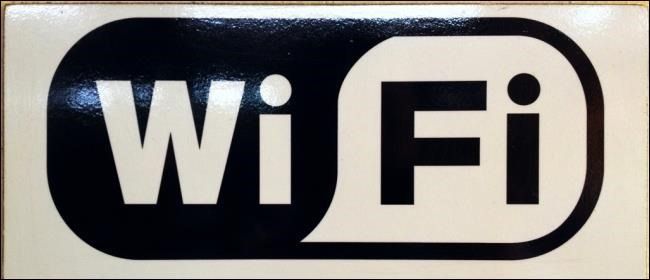
What's the Difference Between Ad-Hoc and Infrastructure Mode Wi-Fi?
Not all Wi-Fi networks are created equal.

What Exactly Is a Mixed Content Warning?
"This site has insecure content;" "only secure content is displayed;" "Firefox has blocked content that isn't secure.
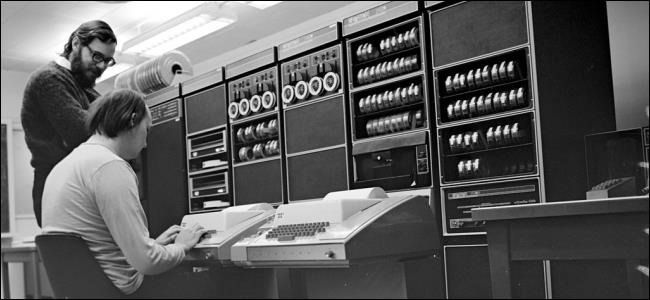
What Is Unix, and Why Does It Matter?
Most operating systems can be grouped into two different families.
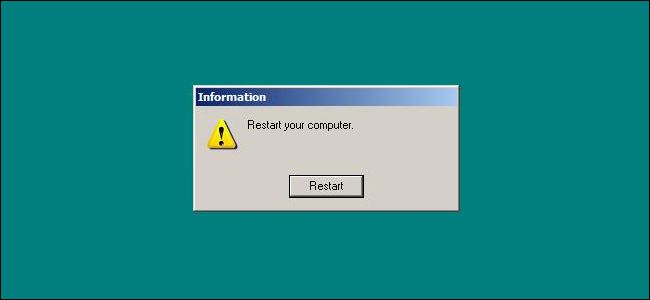
Why Does Windows Want to Reboot So Often?
If there's one complaint nearly everyone seems to have about Windows, it's that it wants to reboot so frequently.
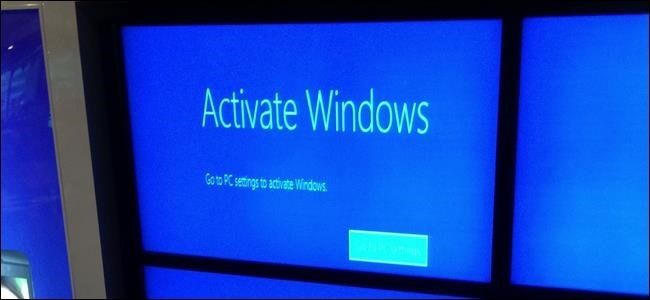
How Does Windows Activation Work?
Windows Activation, introduced in Windows XP, checks in with Microsoft when you install Windows or get a new Windows PC.

What Is a File System, and Why Are There So Many of Them?
Different operating systems support different file systems.
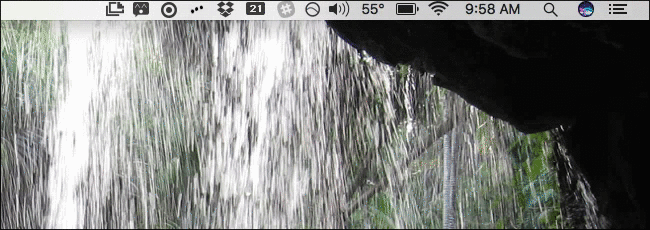
How to Rearrange and Remove Your Mac's Menu Bar Icons
Your Mac's menu bar can start to look a lot like the Windows system tray after you install a few programs.

What is the Internet Of Things?
If you read any tech news, you've probably seen "the Internet of Things" mentioned over and over.
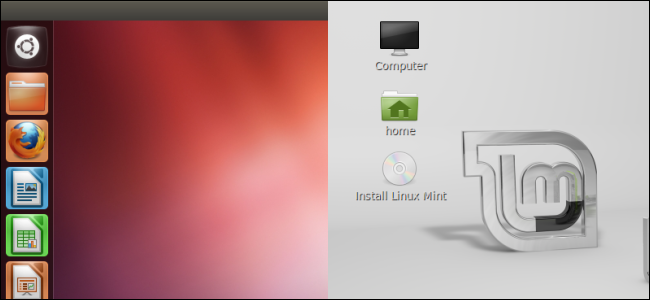
What's the Difference Between Ubuntu and Linux Mint?
Ubuntu and Linux Mint are two of the most popular desktop Linux distributions at the moment.

When Should You Use Encryption?
"Encrypt everything to protect your data!" It's common advice these days, with concerns about snooping and privacy reaching a fever pitch.
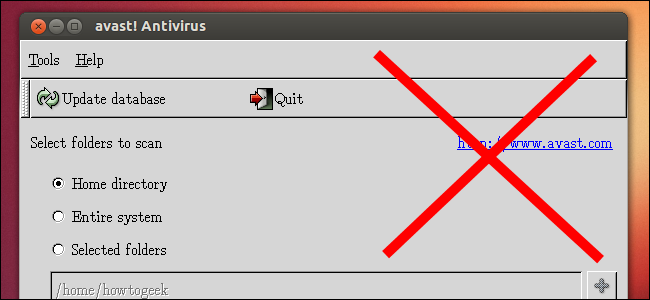
Why You Don't Need an Antivirus On Linux (Usually)
Believe it or not, there are antivirus programs targeted at desktop Linux users.

Why Windows Has More Viruses than Mac and Linux
We all know that Windows is the most malware-ridden platform out there, but why is that? Windows is the most popular desktop operating system, but that isn't the only reason -- past decisions made Windows a fertile breeding ground for viruses and other malware.
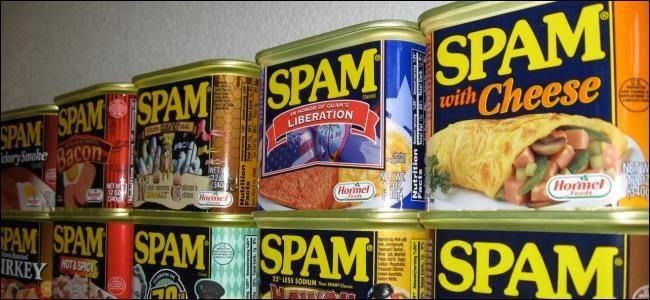
How Do Spammers Get Your Email Address?
Spam seems to arrive in every single email account we use, no matter how careful we are.

Is Tor Really Anonymous and Secure?
Some people believe Tor is a completely anonymous, private, and secure way to access the Internet without anyone being able to monitor your browsing and trace it back to you -- but is it? It's not quite that simple.

